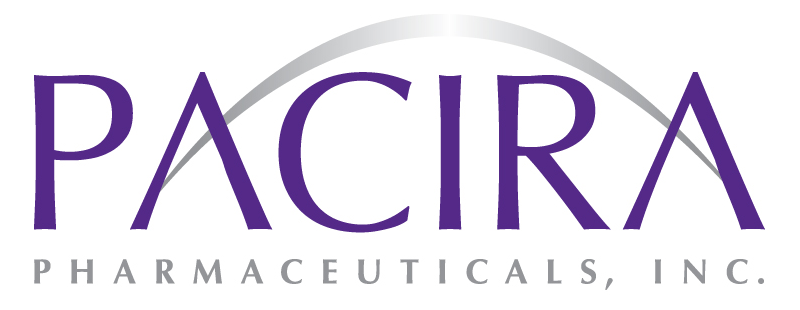
Business Immigration
As part of our international assignments practice, we provide a full UK business immigration service to help you achieve your staffing and talent management requirements both in the UK and around the globe.
Our international coverage allows you to deal with the immigration formalities your people and their families face when on assignment around the world.
The UK immigration system underwent a radical overhaul in 2008 with the introduction of points-based ‘tiers’ to replace previous immigration categories. Organisations now need to “sponsor” non-EEA employees to come and work for them in the UK. We have an unblemished 100% success record in applications for sponsorship licences.
See here for our SRA Price Transparency Wording.
Related insights
It’s time to change from the current BRP to an eVisa now
In this article we outline the benefits of the new UK eVisa system and the key information required for setting…
Short-Term Business Travel to the UK: Key Tax and Immigration Issues for Employers
Historically, business travel to the UK has raised challenges for employers in areas such as tax, payroll, and employment law.…
The 2024 UK Work Visa Routes
Non-UK residents require a “UK work visa” to work in the UK. There are various “work visa” categories in the…
View all insights
It’s time to change from the current BRP to an eVisa now
In this article we outline the benefits of the new UK eVisa system and the key information required for setting…
Short-Term Business Travel to the UK: Key Tax and Immigration Issues for Employers
Historically, business travel to the UK has raised challenges for employers in areas such as tax, payroll, and employment law.…
The 2024 UK Work Visa Routes
Non-UK residents require a “UK work visa” to work in the UK. There are various “work visa” categories in the…




